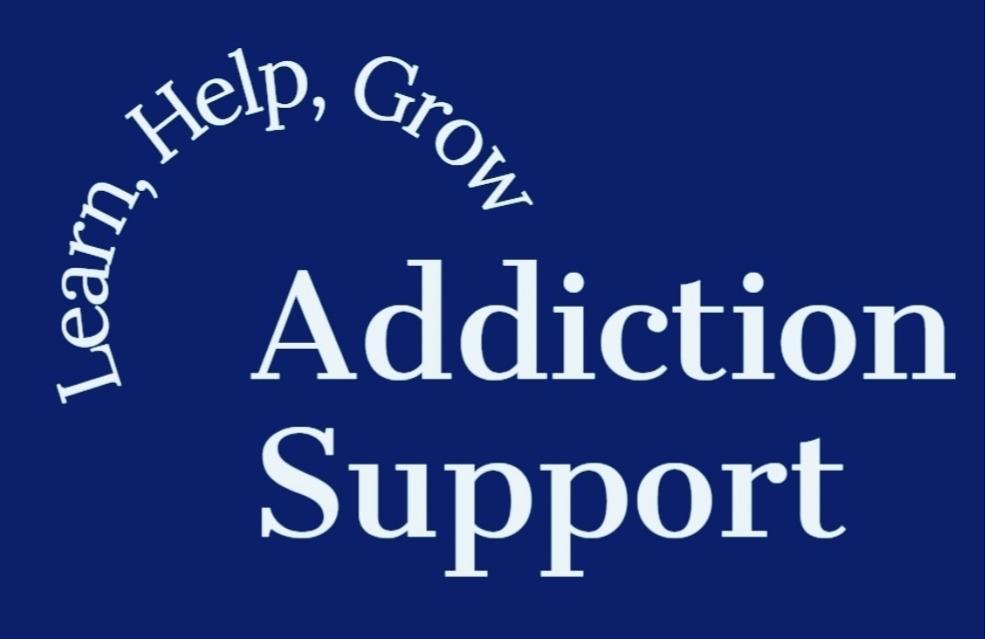Recovery and Self-Care Go Hand In Hand: Here’s Why
Self-care is an essential part of recovery. It’s important for families to understand how they can support each other. Self-care is critical to your success in recovery because it helps you manage stress that comes up in daily life. When people struggle with addiction or substance use, they often use the substance or behavior (in the example of gambling addiction), to cope with their stress. In recovery, it is essential to incorporate self-care practices to cope with stressors so that the urge to drink, use, or engage in addictive behavior does not return.
The basics of Self-care consist of sleep, diet, and exercise. A healthy diet supports your physical and mental health, while exercise releases endorphins that improve your mood. In other words, taking care of yourself is essential to your overall well-being and helps you maintain your sobriety.
In this article, we will explain what makes self-care so important in recovery, as well as some tips to prioritize self-care in your life.
Why is Self-Care so Important for Recovery?
If you’re struggling with addiction or have a history of substance use, taking care of yourself is important. Addiction can have a negative impact on your mood, self-image, motivation, as well as your sense of well-being. Most people begin abusing drugs or alcohol as a way of reducing stress, escaping boredom, or coping with negative emotions. Once an addiction develops, these things will all become primary triggers for using.
The key to successful addiction recovery involves swapping out drug use for healthier alternatives. You will have to develop a system to help you stay one step ahead of triggers and maintain enough energy to be able to manage any negative emotions or difficult situations.
If you lack self-care, you will be more vulnerable to unpleasant emotions and feel a diminished sense of motivation. Your mood will suffer, and your ability to concentrate will decrease. These things can all result in an impaired ability to resist cravings and triggers.
With that said, when you prioritize self-care, you are supporting a stable mood, which can lead to increased energy and motivation levels. When put together, these can help you cope with triggers or cravings. Even the smallest acts of self-care can result in a snowball effect, causing you to make other healthy decisions in your life. Overall, this will give you the self-confidence that you need to continue improving your well-being.
Self-Care for Families Affected by Addiction
As you can see, self-care is an integral part of addiction recovery, but it is equally as important for families supporting people in addiction recovery. It can be hard when your loved one is struggling with addiction, but you don’t have to let that consume you. Taking time to make sure that you are cared for can actually help you enhance your ability to care for others as well. Remember that Self-care is NOT selfish. It gives you what you need to feel refreshed and revived so that you can show up and be present in the life of your loved ones. Engaging in self-care makes you a better parent, sibling, spouse, lover, and friend!
Managing stress is one of the most important parts of supporting your loved one through their addiction recovery. Adopting healthy self-care habits can help you regulate your stress levels, sleep better, and enhance your mood. Everyone can benefit from good self-care techniques.
Tips for Self-Care
If you’re in recovery from addiction, you know that self-care is essential. H.A.L.T. is an acronym that stands for hungry, angry, lonely, and tired. These are all states that can quickly lead back to drug use. Good self-care can help you cope with these states and prevent them from happening in the first place. Here are some self-care tips:
- 1. Eat regular, healthy meals. This will help keep your energy up and your mood stable. When you fill your stomach with healthy foods, your body will thank you for it, and you will feel strong and nourished. You are less likely to turn back to drugs or alcohol when you feel good.
- 2. Get regular exercise. Exercise releases endorphins, which can help improve your mood. It can also help you reduce stress and sleep better at night. With so many benefits, it’s no surprise that exercising regularly is one of the keys to maintaining a healthy lifestyle.
- 3. Stay connected to your support system. Whether it’s your sober friends, family, or a treatment program, having people you can rely on can make a big difference. Spending time with your family and friends can help boost your mood and remind you that you are not alone.
- 4. Get enough sleep. Lack of sleep can negatively impact every aspect of your health. When you’re not getting enough sleep, you will be prone to negative moods and emotions. You will also find yourself with a lack of energy and motivation. When you’re exhausted from a lack of sleep, it can be challenging to focus on your path to recovery.
- 5. Take time for relaxation when you need to. If you’re feeling overwhelmed, take a few minutes to yourself to relax and regroup. Another essential part of recovery is finding ways to have fun that don’t involve drugs or alcohol. Picking up a new hobby, going for a hike, and reading more books are all great places to start. Spending your time doing the things that you love is a great way to manage stress and achieve relaxation without drugs or alcohol.
- 6. Practice mindfulness. Mindfulness involves maintaining an awareness of your physical sensations and mental states. This helps you identify any negative emotions before they take over. It can also help you address any physical discomfort that you are experiencing. You can practice mindfulness by sitting quietly with your thoughts, feelings, and emotions for a few minutes each day.
When you follow these six essential tips for self-care, you will support yourself in your journey to wellness and recovery. You will also reap the benefits of reduced stress, increased energy, a balanced mood, and an enhanced ability to enjoy life. The effects of self-care are far-reaching, and even small changes can make a big difference in your well-being.
While self-care practices are effective in helping you maintain your journey to sobriety, it’s okay to need additional support. If you are having trouble managing your sobriety, it might be time to schedule a meeting with an addiction counselor. They can help you integrate self-care practices into your addiction recovery process.



